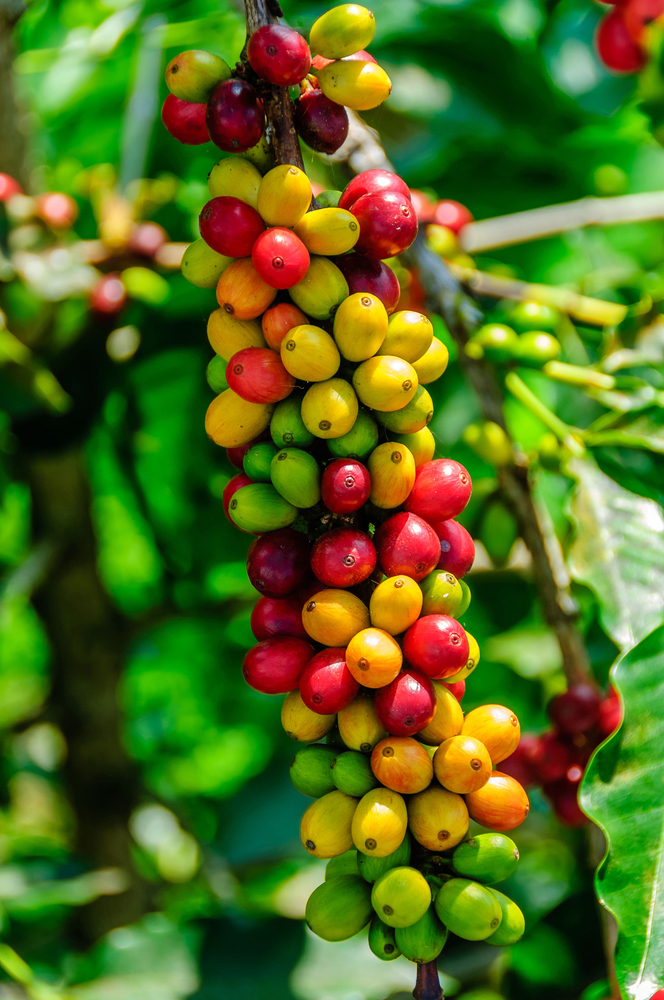
“Trigonelline occurs in many plants. It has been isolated from the Japanese radish (Raphanus sativus cv. Sakurajima Daikon), fenugreek seeds, garden peas, hemp seed, oats, potatoes. Trigonelline is also found in coffee. Higher levels of trigonelline are found in arabica coffee.”
[[They found that signaling pathways related to nervous system development, mitochondrial function, ATP synthesis, inflammation, autophagy, and neurotransmitter release were significantly modulated in the TG group. ]]
I guess we are to assume they were all “modulated in a positive manner”?
I derive my Trigonelline every morning.

Coffeeeeeeeeeee!
“Trigonelline”
I thought it was some new kind of math, but it’s just coffee.
I will stay with my 3 cups a day, thanks.
YES!


Thanks.
bfl
I have my great-great grandfather’s biggin (old-style French coffee maker). If you haven’t had coffee made the old way in a biggin...you haven’t had coffee. He roasted coffee beans and ground them in his general store. The descendants continued roasting, grinding and selling coffee until some time between WWI and WWII. I’m not sure who wound up with the old coffee grinder that was in the last general store. I remember seeing it attached to a wooden stand near where my grandfather would slice ham, bologna, cheese, salami, etc. They had to close the store when Interstate-10 was built and the property was “taken.” By that time, packaged ground coffee was most of the coffee business. I still use the biggin, once in a while...it’s a process that most people don’t have time for, today. With a biggin, you can make coffee that makes the hairs on your arm stand up when you take a sip. My grandfather started giving us coffee when we were about 2 years old...black as asphalt, with a rainbow of oil on top from the beans, until we added the sweetened condensed milk...then we had plenty of energy to run around playing for hours.
In fact, I think I need to start a pot of coffee in the biggin right now.
This week, COFFEE GOOD.
Next week, COFFEE BAD........................